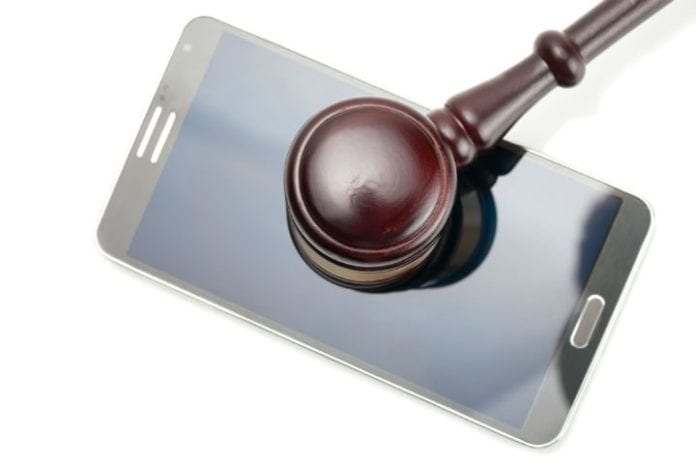Appeals court sides with AT&T that FTC does not have jurisdiction in the case, though carrier remains open to fine from FCC
AT&T won the latest battle in an ongoing dispute with the Federal Trade Commission regarding claims the carrier’s mobile business did not properly notify customers regarding its data throttling policy.
The U.S. Court of Appeals for the Ninth Circuit overturned a district court’s decision preventing AT&T from having the case thrown out due to a lack of authority by the FTC in the matter. The appeals court sided with AT&T’s claims that it operates as a common carrier and thus is not subject to “the acts to regulate commerce,” which is the realm of the FTC.
In making its claim, AT&T cited follow-up action by the Federal Communications Commission to reclassify mobile data services as a common carrier service, thus moving jurisdiction to regulate the practice from the FTC to the FCC. An FTC spokesman told Reuters the agency is deliberating an appeal of the latest decision, though AT&T is still open to a fine from the FCC on the matter.
The case was initiated in late 2014, when the FTC filed a court complaint alleging AT&T Mobility did not adequately inform customers on unlimited data plans that they would have their data speeds reduced once they reached a certain amount of data used. The FTC noted AT&T Mobility’s move in 2011 to begin throttling data speeds for unlimited data customers once they hit 2 gigabytes of usage per month, “often resulting in speed reductions of 80% to 90% for affected users.”
The FTC argued AT&T Mobility violated FTC regulations “by changing the terms of customers’ unlimited data plans while those customers were still under contract, and by failing to adequately disclose the nature of the throttling program to consumers who renewed their unlimited data plans.” The FTC claimed some consumers only received a single notice in their billing statement on the change in practice, with that notice not explaining the extent of the measures.
AT&T countered the claim, stating the allegations were “baseless and have nothing to do with the substance of our network management program.”
“It’s baffling as to why the FTC would choose to take this action against a company that, like all major wireless providers, manages its network resources to provide the best possible service to all customers, and does it in a way that is fully transparent and consistent with the law and our contracts,” noted Wayne Watts, SEVP and general counsel at AT&T, in a statement at the time of the FTC filing. “We have been completely transparent with customers since the very beginning. We informed all unlimited data-plan customers via bill notices and a national press release that resulted in nearly 2,000 news stories, well before the program was implemented. In addition, this program has affected only about 3% of our customers, and before any customer is affected, they are also notified by text message.”
The FCC, which began investigating the allegations in early 2015, said it planned to fine AT&T $100 million tied to misleading customers about its unlimited data plan offering.
Bored? Why not follow me on Twitter

